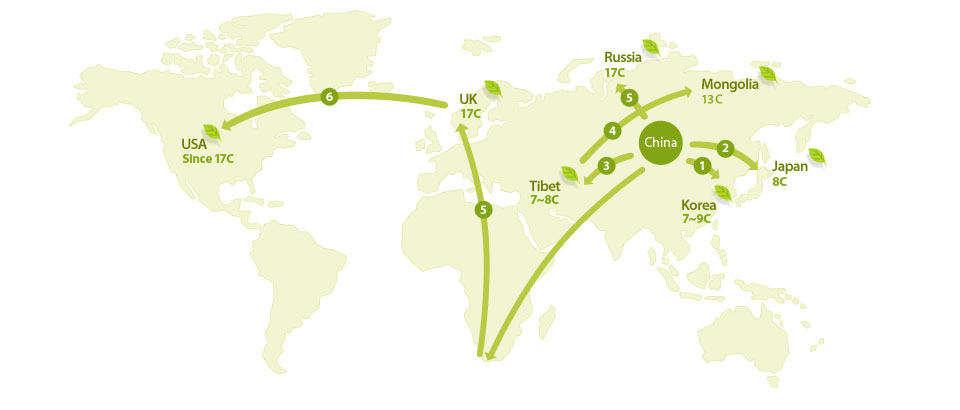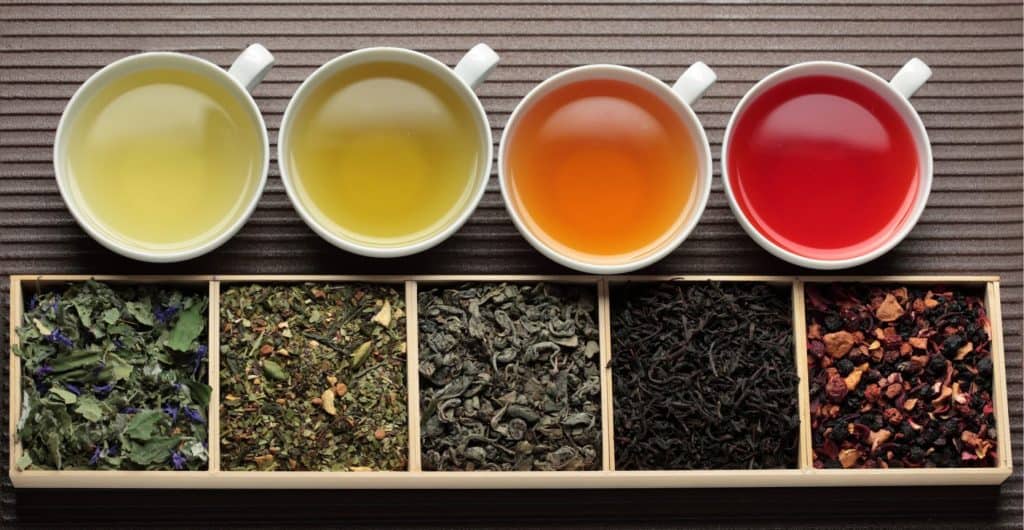THE HISTORY OF TEA !
Tea plants originated in east Asia most probably in southern China. Ancient Chinese scholars considered tea a vital medication, the nobles saw used it to show their power and the commoners enjoyed its flavor. Ancient Chinese sources credits the invention of tea to the mythical shennong in BC 2737.
- In ancient times tea leaves were added by the Chinese to their food to provide nutrients and was also used as an antidote for poison. Its digestive properties is also the reason why Chinese prefer to drink it after a meal.
- Tea culture really took off with its introduction to Europe in the 16th century and European colonization helped spread this beverage throughout the modern world.

- Tea was originally consumed as a luxury item on special occasions, such as religious festivals, wakes, and domestic work gatherings, however introduction of Indian tea in European markets broke the norm and led tea to become an everyday drink for all levels of society.
WHAT IS TEA ?
- The classification of Tea is based on the size of the processed leaf which includes manufacturing process that change it into three different categories of fermented (Black) ,non fermented (Green) and semi fermented ( Oolong or Pouchong ).All of them come different flavors that makes better taste and color .

- Only black tea goes through all stages of the manufacturing process .Green tea and oolong acquire their qualities through variations in the crucial fermentation stage.
- During the process of manufacturing Tea, the leaf goes through many stages for example withering,rolling,fermentation and drying.This process has helps to dry the leaf and to allow the chemical constituents of the leaf to produce each type of Tea.
- There are volatile oils present in tea that contribute to the aroma of tea ,and also contribute to beverage quality are various sugars and amino acids.
Importance of Tea
- The best known constituent of the tea is caffeine that stimulates the character of this beverage which contributes to 4% of the solids in fresh tea leaf that contains 60% to 90% milligrams of Caffeine.
- Tea’s ability to lower blood pressure can help reduce risk of death from a stroke. Green tea is high in bioactive compounds that can lessen oxidative stress, relieve inflammation and provide other health benefits.
- Tea provides a major contribution to many national economies, tea cultivation provides employment to around 80 million people in China alone making it an important factor of employment for a big chunk of population.
https://www.mightyleaf.ca/pages/history-of-tea https://www.teasource.com/pages/types-of-tea https://www.ncbi.nlm.nih.gov/pmc/articles/PMC4055352/


Great info Navneet! Love the diffusion map …